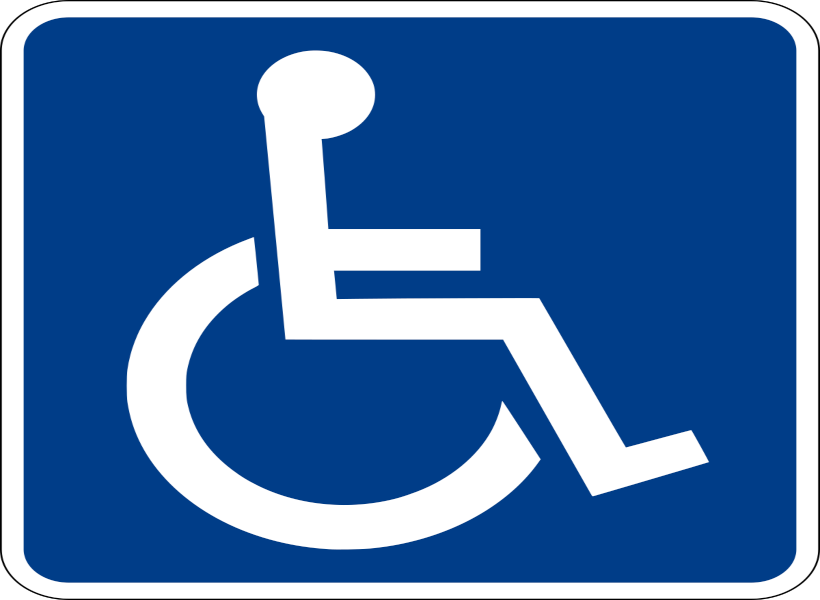Several international election observer missions have called out the authorities for failing to facilitate a conducive environment for elderly persons and electors with disabilities who voted during the March 2 General and Regional Elections.
The Organisation of American States (OAS) in its preliminary report, noted that in some cases, polling stations were located on the upper floors of polling places, even when there appeared to be alternative spaces on the lower floors. This, the mission stated, created challenges for elderly voters and people with disabilities.
The Caribbean Community (CARICOM) EOM also observed that access ramps and other support structures to the polling stations/polling places for differently-abled electors were not always available, thus making it difficult for persons to access these polling stations.
The Commonwealth EOM, too, raised concerns about the poor placement and inadequate support systems to assist voters.
The European Union (EU) Elections Observation Mission (EU EOM) in its preliminary report, stated that access and layout of up to one-third of all polling stations observed were unsuitable for voters with reduced mobility.
The mission stated that the legal framework foresees three options for persons with disabilities to vote: voting in person, providing that polling stations are physically accessible; voting by proxy; and assisted voting with an assistant of the voter’s choice. The mission said that the last two options do not ensure the secrecy of the vote and were reportedly misused in the past.
Despite clear and timely recommendations by the Guyana Council of Organisations of Persons with Disabilities to GECOM, no special measures, such as ramps to buildings or stencils for visually impaired voters were put in place, the EU EOM reported.
These international groups have been making recommendations for years to the local authorities to implement these measures, but they seem to fall on deaf ears.
In fact, the Carter Center in its final report on the May 11, 2015 General and Regional Elections, recommended that there be improved accessibility of the process to voters with disabilities.













